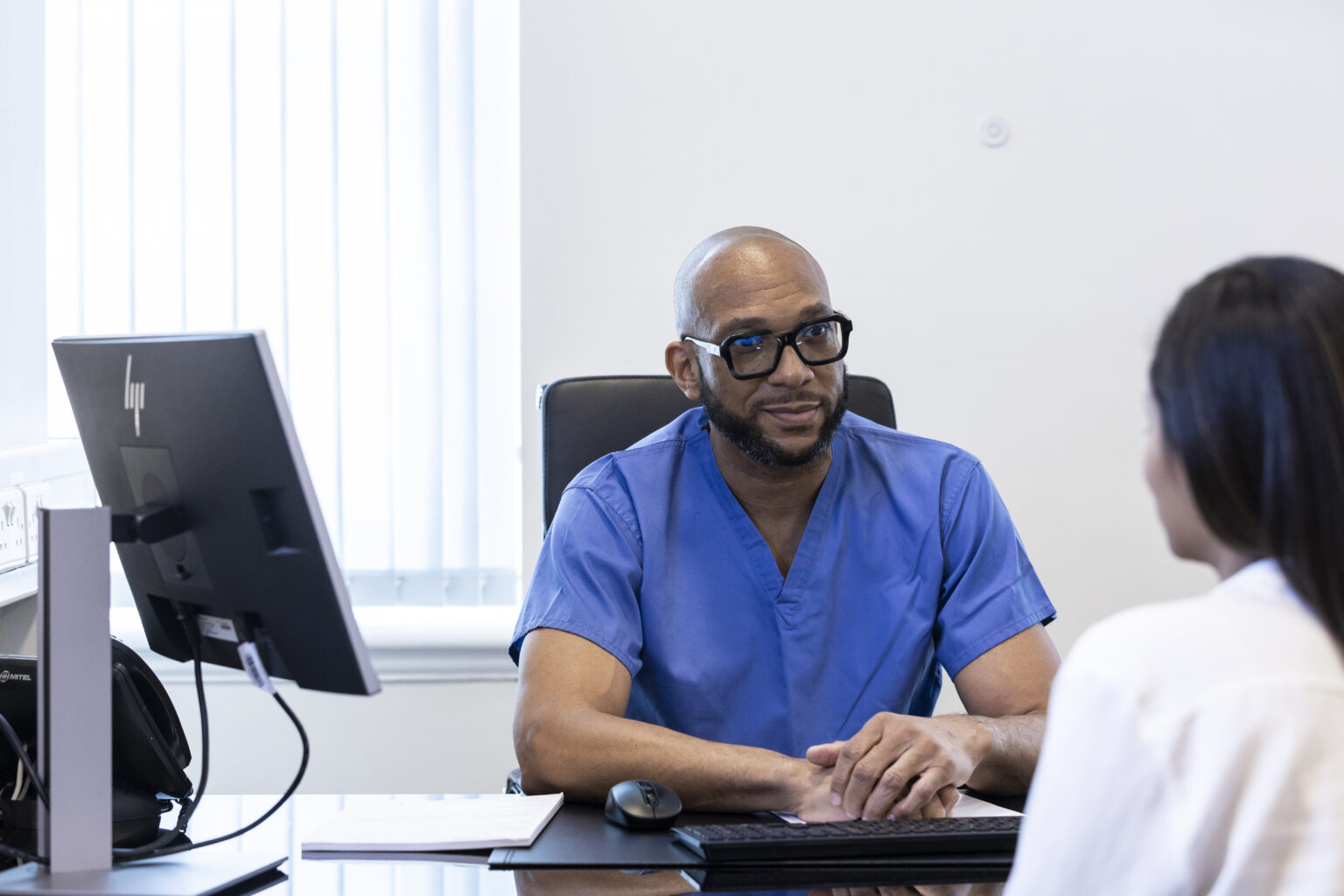Key Treatments
Gynaecology covers a large spectrum of sub-specialties and ensuring each patient is referred to the correct specialist is key. The team at our London Gynaecology Clinic covers general gynaecology checks, abnormal smears, colposcopy, abnormal menstruation clinics, early pregnancy, pelvic pain, infection, continence, HRT and all general gynaecology and obstetrics.
If you don’t see a required treatment below, get in touch for more information.

